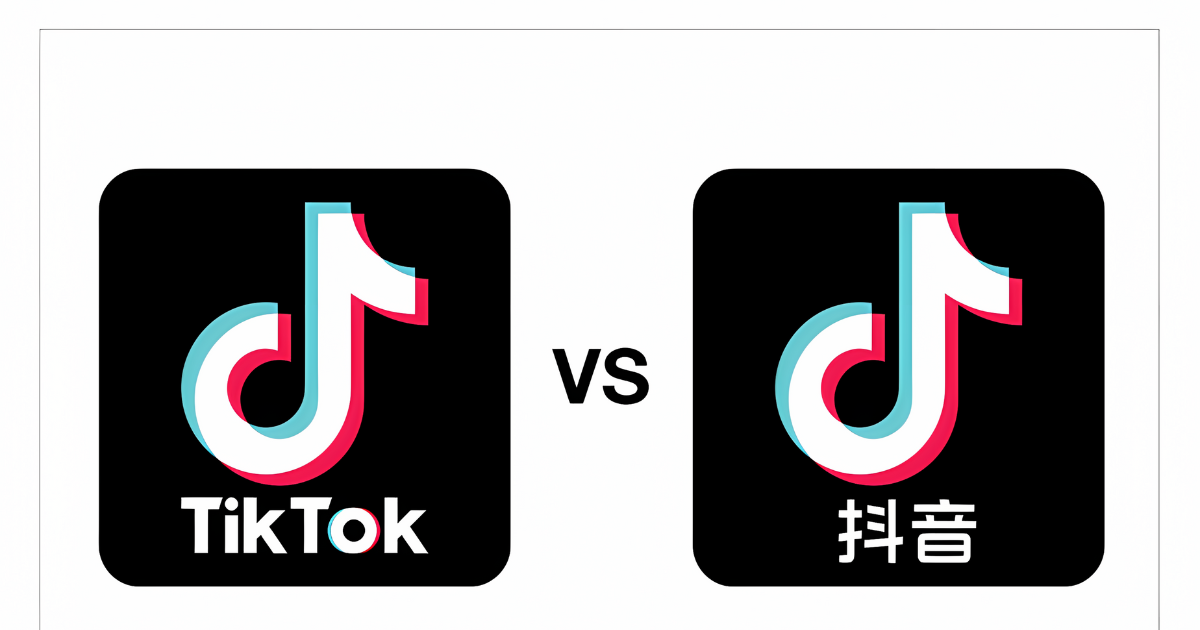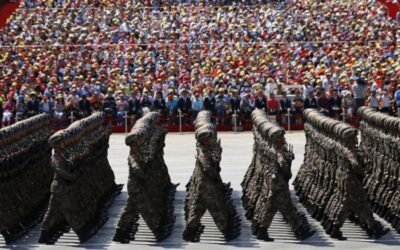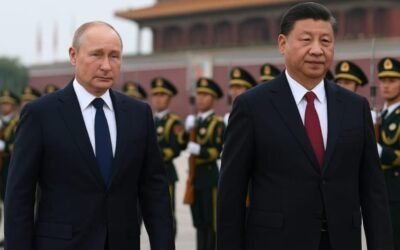Social media is more than just a place for sharing videos and photos. It has become a space where people connect, learn, and even shape public opinion. Among all platforms, TikTok is one of the most popular apps in the world. But what many people don’t realize is that TikTok has a twin app in China called Douyin. Both are owned by the same company, ByteDance, yet they are not the same. In fact, they are very different in how they work, what they allow, and the rules they follow.
TikTok is used worldwide, from the U.S. to Europe to Pakistan, but it does not work inside China. Instead, China has its own version, Douyin, which looks very similar but runs on an entirely different system. This split is not just about branding. It reflects the deep divide between how China manages its internet and how the rest of the world uses digital platforms.
Douyin is designed to meet China’s strict laws on media and technology. It heavily limits what people can watch and share. Content that questions the government or touches on sensitive topics is blocked. It also includes strong rules for how much time children can spend online, often restricting them to short, educational clips. TikTok, on the other hand, is much more open. While it has community guidelines and moderates harmful content, it allows more freedom in terms of political debate, trends, and entertainment.
This difference between TikTok and Douyin is not just about technology—it shows how digital spaces are shaped by culture, politics, and power. To understand this divide is to see how one platform can represent two very different worlds.
Access and Availability
Douyin is available only inside mainland China, while TikTok is blocked there and used worldwide. They are entirely separate apps. You can’t log into Douyin from abroad or TikTok from within China. The separation exists mainly because of Chinese laws that demand strict control over online content.
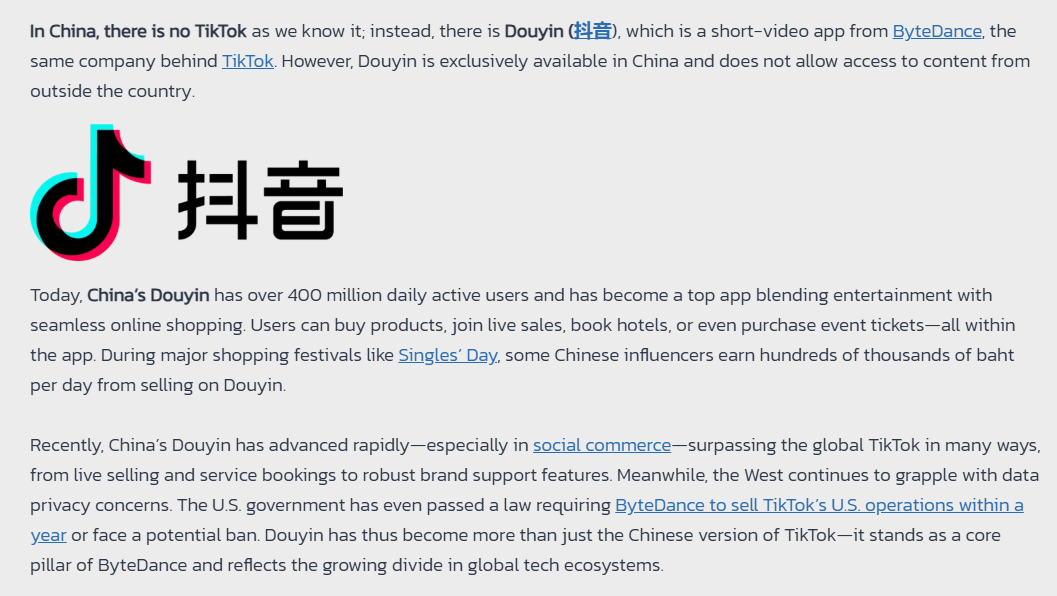
Image Credit: SixtyGrams
Content Censorship and Regulation
China enforces heavy censorship on online content. Douyin follows strict rules set by Chinese law. Content about protests, government criticism, or minority issues is removed or blocked. Douyin is required to filter any information or content that could harm national unity or loyalty to the state.

Image Credit: DW
On the other hand, TikTok, while not free of its own moderation issues, does not follow China’s censorship rules. It avoids more politically sensitive topics, but operates more freely in most countries outside China.
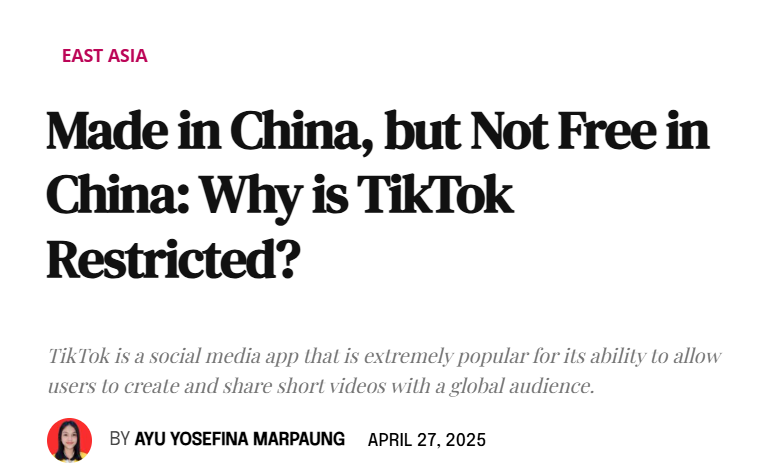
Image Credit: Modern Diplomacy
Teen Usage Limits (Youth Protection)
Douyin strictly limits use by children under 14. In “Youth Mode,” they can use the app for only 40 minutes per day, between 6 a.m. and 10 p.m. The app also offers only educational content to minors in this mode. This is part of China’s effort to protect youth from overuse.
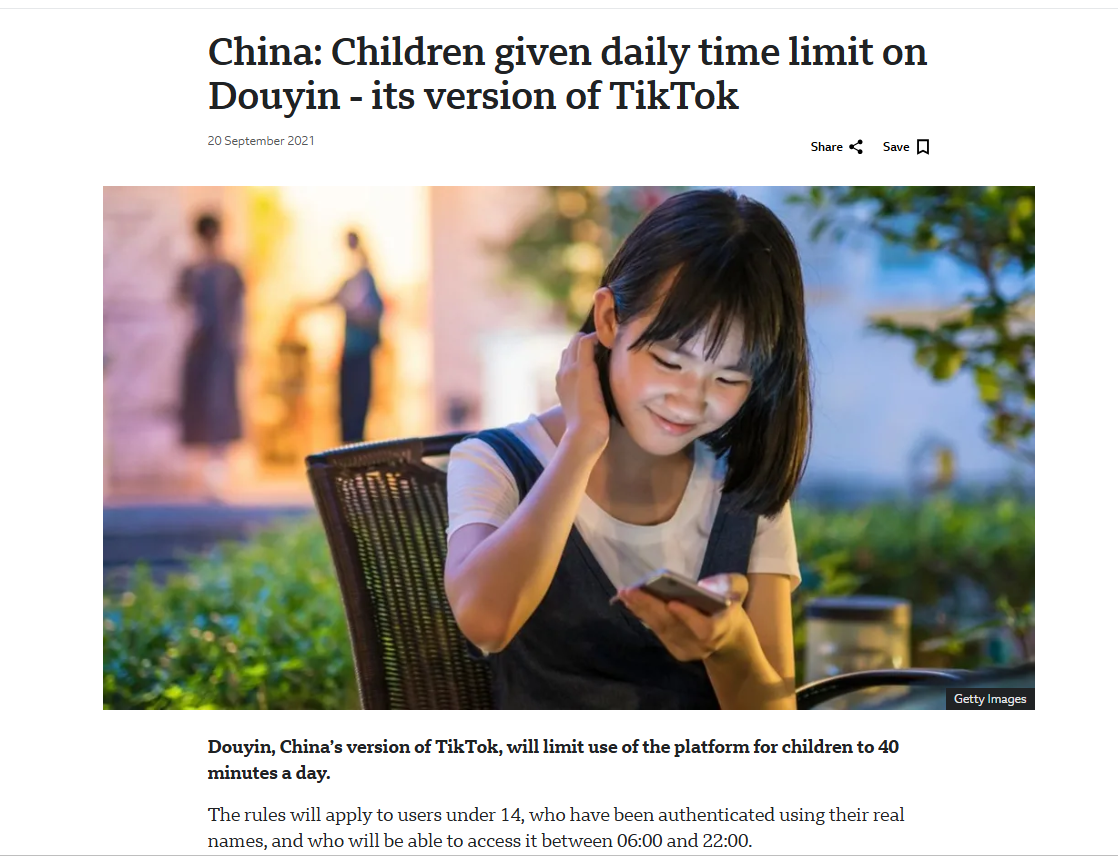
Image Credit: BBC
TikTok, however, has no mandatory daily limits. While it offers optional screen time controls, the rules are not enforced by default like on Douyin.
Live Streaming and Behavior Monitoring
Douyin features a “health points” or reputation system for live streamers. Misbehavior, such as vulgar content, can lead to penalties or even a ban from live streaming. This keeps livestream content aligned with cultural and state guidelines.
TikTok does moderate livestreams, but it does not use a visible punishment or points system like Douyin’s. Instead, moderation happens behind the scenes.
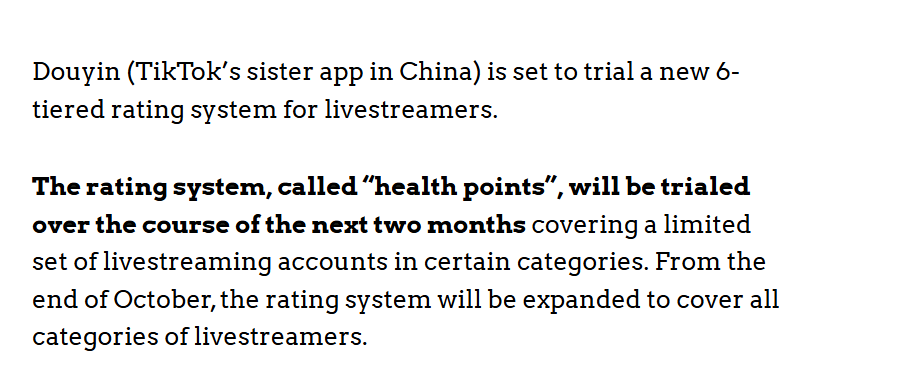
Image Credit: Daoinsights
Content Tone and Cultural Focus
Douyin focuses on government-approved values like education, productivity, and patriotism. It highlights skill-sharing videos, daily routines, and inspirational stories. In contrast, TikTok is dominated by global trends like dance challenges, comedy sketches, and music. The difference shows how local policy shapes what users see.
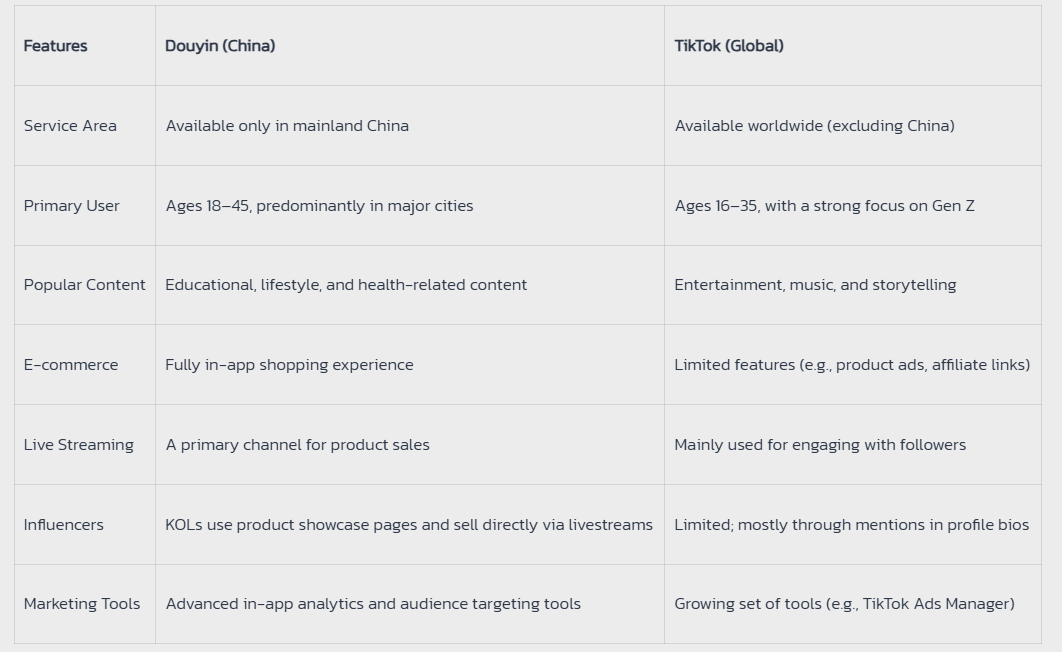
Image Credit: Sixtygrams
Moderation Alignment with Local Norms
Douyin tailors its rules and algorithms to follow Chinese culture and values. That means stricter checks on politically sensitive content and morality-based restrictions, even banning topics like LGBT promotion or superstition.

Image Credit: BBC
TikTok’s moderation follows a global standard. It balances community guidelines with local sensitivity and legal obligations, but does not reflect a single government’s ideology.
You May Like To Read: Regulating the Infoscape: PECA, PTA, and Legal Responses to Information Warfare (IW16)
Data Access and Government Orders
Chinese law requires ByteDance to comply with government data requests for Douyin. That means the state can demand user data or control content. While TikTok claims to store data outside China and follow local rules, concerns about Chinese influence remain.
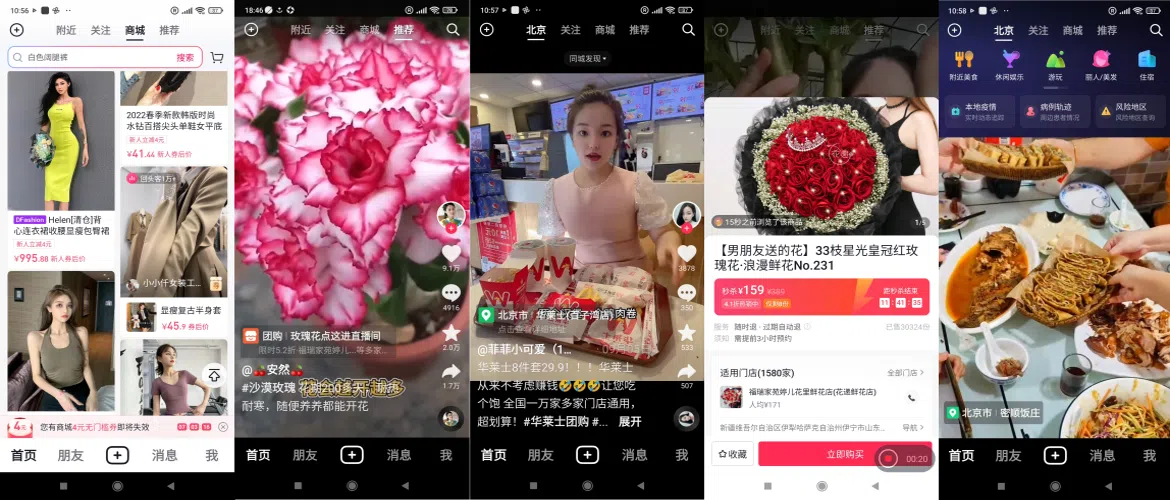
Image Credit: Sixtygrams
Why These Differences Matter?
Understanding the differences between TikTok and Douyin isn’t just tech talk—it’s about how societies control information. In China, Douyin serves social stability and government messaging. It shapes what millions see and learn every day.
Meanwhile, TikTok offers global freedom and creativity, but it still risks pushing subtle biases and algorithmic pressure. Parents, regulators, and educators should be aware of these differences. How long children watch, what content appears, and where data is stored all matter.
Douyin and TikTok may look alike, but they are worlds apart in design, policy, and intent. Douyin is tightly controlled, censorship-heavy, and aligned with Chinese state goals. TikTok is more open, entertainment-driven, and decentralized, though not without its own challenges.
Every time we scroll, share, or post, we take part in a system shaped by rules we may not see. Knowing which version we use, and why it behaves the way it does, can help us make smarter choices. In our connected world, how content is filtered matters. Whether for freedom or control, the platforms we use reflect the societies that guide them.
You May Like To Read: Chinese FM Wang Yi in Islamabad for Sixth Round of Strategic Dialogue

